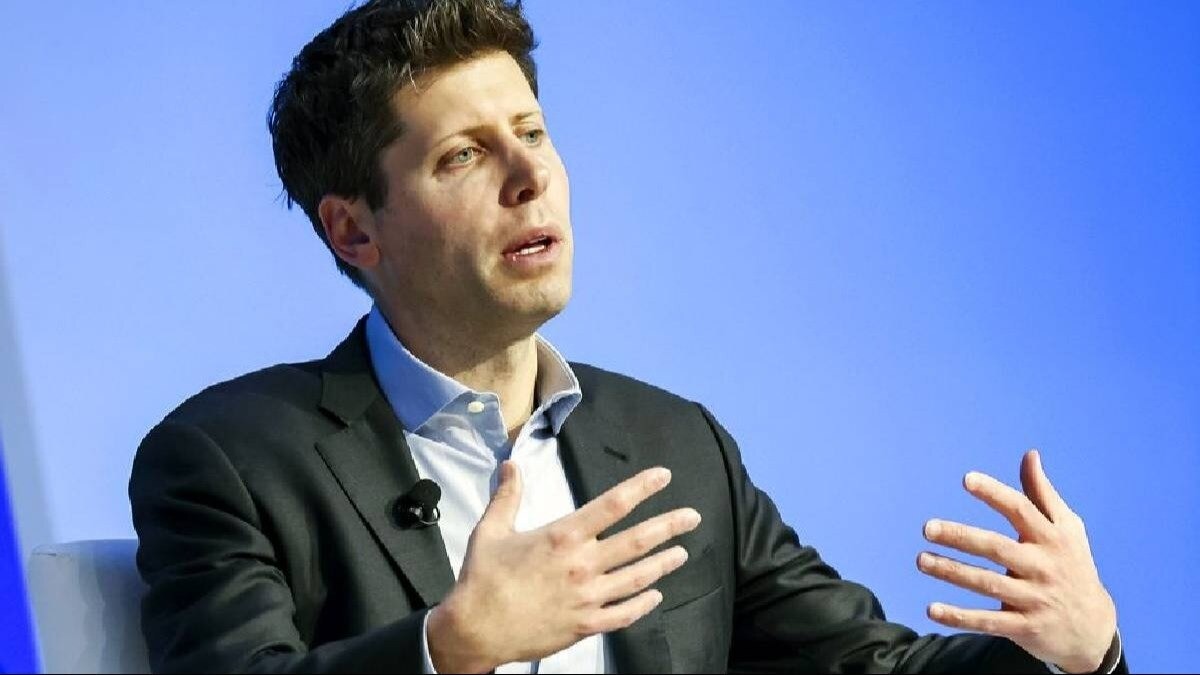OpenAI CEO Sam Altman has offered his clearest comments yet on the possibility of introducing advertising within ChatGPT, signalling a cautious openness to the idea as the company faces growing financial demands and prepares for its next major product release.
Speaking on the debut episode of OpenAI’s official podcast, Altman acknowledged that while no advertising product has yet been launched, the concept is being actively considered. “I’m not totally against it,” he said. “I can point to areas where I like ads. I think ads on Instagram are kinda cool. I’ve bought a bunch of stuff from them. But I think it’d take a lot of care to get right.”
The remarks reflect a shift in tone from earlier public statements. In a 2024 discussion at Harvard Business School, Altman had described advertising as a “last resort” for OpenAI, a path he hoped to avoid. But with the company now reportedly spending $3 to $4 billion annually to keep ChatGPT operational and projecting $12.7 billion in revenue for 2025, monetisation pressures are mounting.
OpenAI has so far leaned heavily on venture capital, including a record-breaking $40 billion fundraising round in March and earlier backing from Microsoft and Nvidia. Just last week, the company also secured a $200 million contract with the US Department of Defense. Still, as generative AI becomes increasingly central to everyday digital experiences, new revenue streams are becoming harder to ignore.
Altman’s comments also highlight a deeper concern: maintaining user trust. While he admitted to appreciating well-executed ads in personal contexts, he drew a firm line against allowing advertisers to influence the responses generated by ChatGPT.
“If we started modifying the output, like the stream that comes back from the LLM, in exchange for who is paying us more, that would feel really bad,” Altman said. “And I would hate that as a user. I think that’d be like a trust-destroying moment.”
Instead, he floated ideas like affiliate links or transaction-based models that don’t interfere with the model’s responses. Another possibility is placing ads outside the core conversation, such as in sidebars or footers, thereby keeping the integrity of the chatbot’s answers intact.
As rival platforms like Google’s Gemini experiment with native advertising in AI-generated content, the pressure to monetise AI chat interfaces is intensifying. But OpenAI’s leadership appears intent on treading carefully.
For now, there’s no timeline for advertising in ChatGPT, but the door is clearly open. And as AI continues to reshape how people search, shop, and learn, the question may not be whether ads arrive, but how, and on whose terms.
